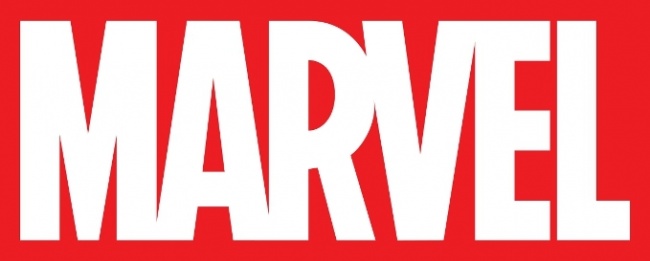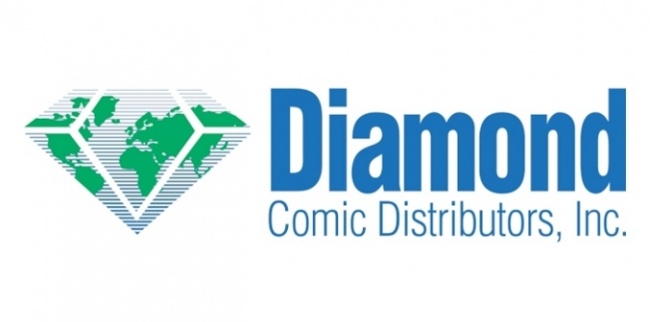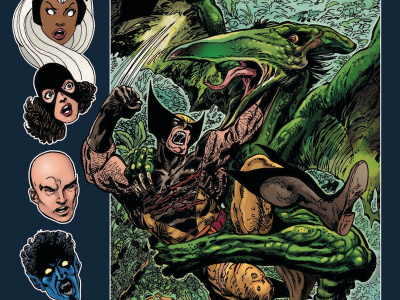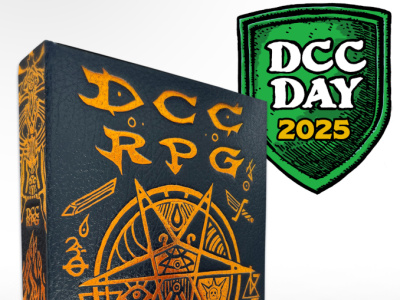As you may have heard, there was a great disturbance in the comics distribution Force last week (see "Marvel Continues Transformation of Direct Market"). Almost a year to the day that Diamond announced it was suspending new product shipments in the wake of the first COVID-19 spike and nine months after DC announced its abrupt distribution shakeup, Marvel dropped the news that it was moving to Penguin Random House Publisher Services as its exclusive direct market distributor for books and periodicals, beginning October 1.
Like an Agatha Christie mystery, there are almost too many suspects and too many motives for what took place, but just as many questions. What caused Marvel to re-evaluate its long relationship with Diamond? Why go with PRHPS, when Marvel already has an existing deal with Hachette to distribute books to trade bookstores? What convinced PRHPS, which is doing just fine in its traditional line of business, that it was worth making a big investment in the relatively small comic book direct market? And equally important, what does this mean for Diamond, retailers, DC and other publishers, and the direct market ecosystem?
Marvel’s Move. Though Marvel has an ironclad commitment to the comics specialty market, the company has had a contentious relationship with Diamond going back decades. In the early aughts, then-Marvel President Bill Jemas approached Random House to see if the company could build an alternative distribution channel to sell periodicals into the direct market. After months of study, Random House determined that the fixed costs of handling low-priced material like comic books wasn’t worth the trouble, despite the appeal of non-returnability.
Kuo-Yu Liang, who worked the deal on the Random House side before taking a job with Diamond shortly afterward, explained that "…when you are dealing with higher priced books, there’s more revenue opportunity than handling lower-cost comics. Diamond has a singular focus on the comics market and they are set up for that set of challenges." He said he passed the proposal along to other book distributors once Random House decided to pass, and apparently, one serious competitive challenge to Diamond was only held off at the last minute and great expense.
Being stuck with Diamond as the only option never sat well with Marvel. For one thing, there’s no way to effectively negotiate with a single supplier with no competitive pressure to innovate or relent on costs. Also, Marvel recognized that the changing marketplace required a distribution partner with more modern capabilities. Diamond’s efforts to reorganize and update its systems were too little, too late as far as Marvel and Disney were concerned. It’s also possible that the sprawling multinational entertainment company had outgrown Diamond’s personal, family-owned touch and craved a more business-to-business relationship with an eye-level partner built for the future.
Why PRHPS? Standing PRHPS up as a new direct market distributor has tons of upside for Marvel. Following the acquisition and integration of Penguin into Random House a few years ago, the company’s distribution capabilities are incomparable. In addition to a robust trade book business, PRHPS also does huge direct-to-consumer fulfillment for companies like Amazon. It is not as big a stretch for the company to get into the relatively demanding direct market environment as it was 15 years ago, especially since PRHPS, operating in a competitive marketplace, has made significant investments in information technology, robotics and other core systems that Diamond never felt particularly inclined to do.
To me, the bigger question was, what was in it for PRHPS? Where do they see the return on investment in building a big new distribution facility and sales force to serve the relatively small, decentralized network of comic retailers?
One clue might be PRHPS’s experience during the Great Recession. In 18 months of 2008-2009, the number of independent bookstores in the United States fell from 2200 to 1600, caught in the pincers of economic distress and competition from eBooks, which were then new in the market and experiencing a huge surge in growth. Forecasts of the demise of the entire market were commonplace. PRH, then just Random House, stood by the channel even though direct sales to independent bookstores it only accounted for 3-5% of total sales. The bet paid off; independent book retailers are, COVID-19 notwithstanding, as healthy now as they’ve ever been, and PRHPS learned a lot about servicing smaller accounts, nurturing niche markets, and, most importantly, achieving economies of scale in shipping small batches to individual customers.
No one with the possible exception of Simon & Schuster has the capabilities to serve the direct market better than PRHPS. That presumably includes Marvel’s (and, more importantly, Disney) legacy trade book distributor Hachette, whose future relationship with Marvel is very much unknown as a consequence of these latest developments. Oh, and S&S, who already distributes VIZ Media and BOOM! Studios? PRH is moving to acquire them (see "PRH Acquires S&S"), and if that acquisition goes through, it will only add to their capabilities and market reach.
Wither Diamond? Losing Marvel and DC in less than a year is more than a mere flesh wound to Diamond and there are reasons to be gravely concerned about the company’s continuity moving forward. That said, you can’t count them out, because they still maintain a few advantages.
First, they have held on to their position as a Marvel wholesaler, with the potential to be PRHPS’s largest single customer. More than a few retailers are likely to continue working with Diamond out of simplicity (dealing with two order forms is easier than three). And even though retailers love to complain about Diamond, they are still the devil they know.
"Whatever you can say about Diamond, they are 100% committed to comics and comic shops," says Liang, who was with the company for many years before his recent stint at ReedPOP. "It’s not just altruistic, of course: Diamond’s success fundamentally depends on the retailers doing well."
One wonders if the same can be said of PRHPS, despite their investment, account service program and free freight deal. As promising as they might find the prospects of the direct market bouncing back after the COVID year, if the going gets tough – if, for example, the pickiness of comic consumers with regard to condition turns out to be a costly pain – will they stick around? It would be entirely reasonable for PRHPS to survey the landscape and say, "we have a perfectly good business before we got into comics; we will have a perfectly good business if we decide to leave."
Diamond at least has a puncher’s chance to stay in the ring on the basis of grit and history, especially if its recent investments in efficiency and new systems pay off. To me, the much bigger bullseye is on Lunar’s back. DC, for whatever reason, chose to build up a distributor from scratch instead of putting together a deal with a bigger partner. Now that Marvel has brought a howitzer to a knife fight, how long will it take DC to get on board, assuming terms can be reached?
However this shakes out, the distribution picture has changed forever. Competition will do everyone good in the short term, as a bunch of players slug it out in a life-or-death fight to be the best partner to retailers and do the most to secure the future of the comic book business.
The opinions expressed in this column are solely those of the writer, and do not necessarily reflect the views of the editorial staff of ICv2.com.
Rob Salkowitz (@robsalk) is the author of Comic-Con and the Business of Pop Culture.
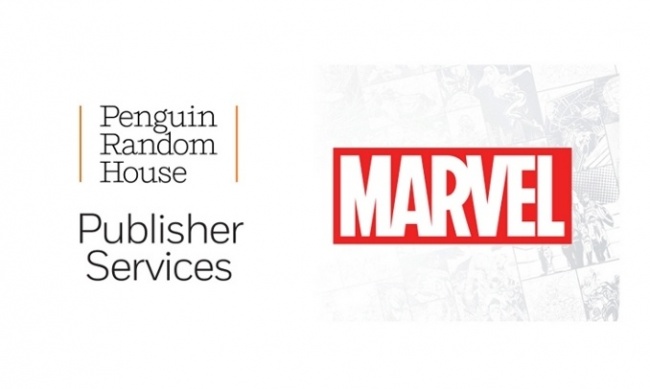
Column by Rob Salkowitz
Posted by Rob Salkowitz on March 29, 2021 @ 5:06 pm CT
MORE COMICS
Shop Talk, July 2025
July 25, 2025
All this and more in this month's edition of Shop Talk, our roundup of retailer news.
In Which Jean Grey Survives the Dark Phoenix Saga
July 25, 2025
What If…? Jean Grey survived the end of the Dark Phoenix saga?
MORE COLUMNS
Column by Rob Salkowitz
July 21, 2025
Columnist Rob Salkowitz lays out the Comic-Con panels of interest to industry professionals, current and aspiring creatives, educators, librarians and retailers.
Column by Scott Thorne
July 21, 2025
This week, columnist Scott Thorne offers up more thoughts on the "Diamond Mess," and discussed DCC Day results.




